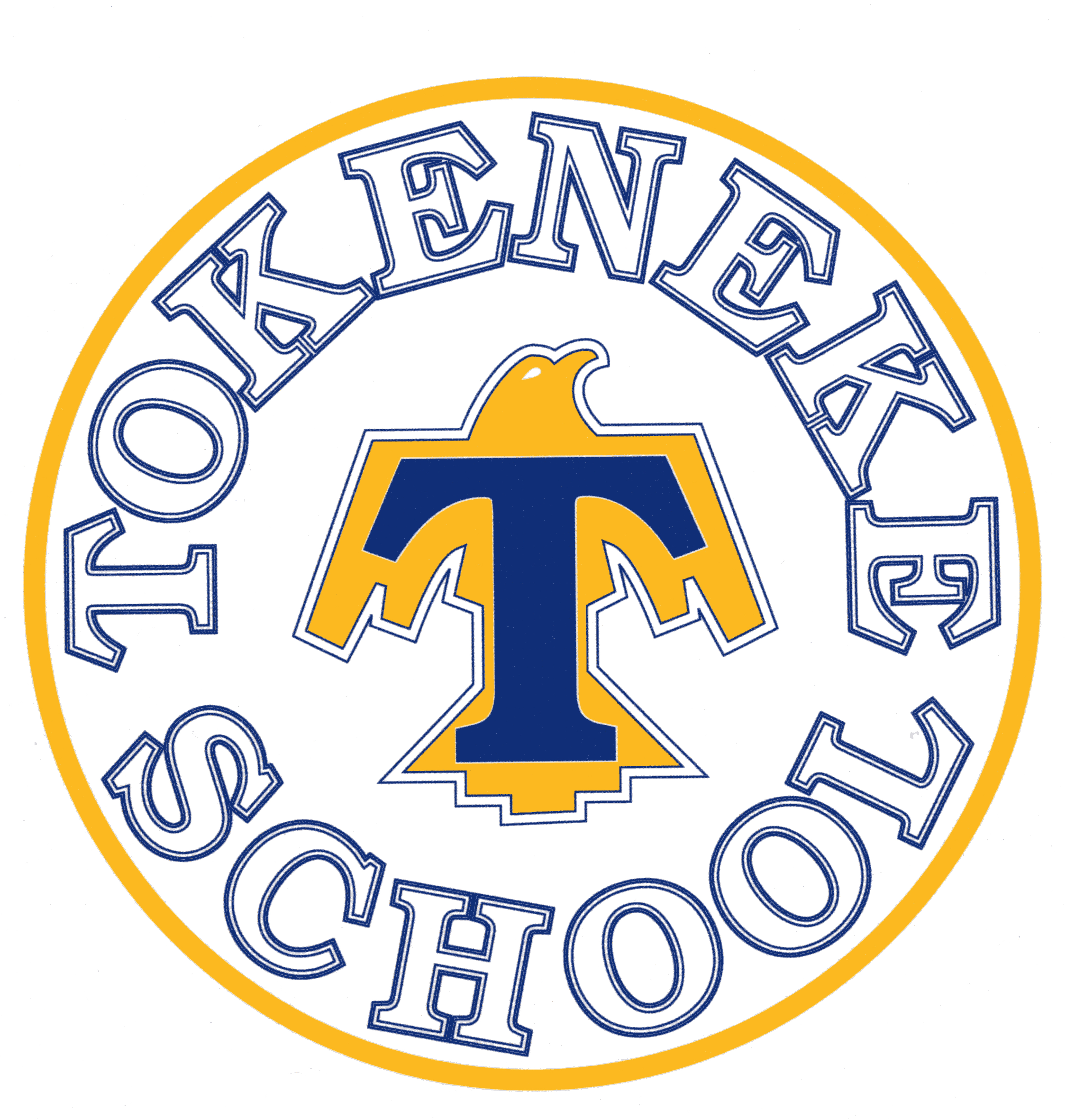Tokeneke Special Education Representatives
SE (Special Education)TPTO Special Education Representatives are here to support our school community by helping examine opportunities for inclusion and provide support for parents of children with special needs. As a member of the Special Education Subcommittee, the representatives also help to identify any district level issues that may need to be escalated to CDSP, administration, and/or the Board of Education as guided by CDSP’s mission statement.
Starting the Process
What to Keep in Mind
If you think your child may need special education services, it is important to keep the following in mind:
- Children learn and develop at different speeds and in different ways.
- If your child learns differently, this does not necessarily mean that he or she has a disability and needs special education services.
- If English is not your child’s first language, be sure that his or her language needs are being addressed at school and that they are not affecting the decision about whether or not he or she needs special education services.
If your child is in preschool and is showing signs of delays in any of the following areas, he or she may be eligible for special education services:
- Thinking and learning
- Understanding and using language
- Self-help skills (toileting, eating, and dressing)
- Behavior (getting along with others, expressing feelings)
- Physical (vision, hearing, and movement)
Discussions with Your Child’s Teacher or Your Child Care Providers
Sharing information with your child’s teacher or childcare provider and other school staff will help them learn as much as possible about your child and help you understand how your child is doing in school. Here are some prompts to guide the conversation with your child’s teacher or childcare provider:
Information to Share with the Teacher
- What brings out the best in your child
- Your child’s strengths, challenges, and interests
- Positive educational experiences, including when you have seen your child be successful, such as:
- listening attentively to a story, sharing toys with friends, or waiting his or her turn if your child is in preschool
- favorite subjects or positive teacher and/or peer relationships he/she has had
- What your child likes to do outside of school
- What you do at home to maintain positive behavior and promote learning
- Any areas you in which you feel your child may need extra help
Questions to Ask the Teacher
- What are some of my child’s strengths in the classroom?
- What are some challenges for my child within the classroom?
- Do you have some examples of my child’s work that we can discuss together? How does this work compare to the standards that he or she is expected to meet by the end of the year?
- Are there programs or services in the community that can support my child?
- What are some learning activities I can do at home or in the neighborhood?
- What questions should I ask my child when we read together?
- How can I help my child if he/she is struggling with homework?
- How does my child get along with the others in the classroom?
- Does my child have difficulty following directions? What do you do if that happens in class?
- What can you tell me (what have you noticed) about how my child learns and socializes?
- Is my child learning and developing at a rate that is expected for his or her age?
Response to Intervention (RtI)
Before referring a child for special education services, families, teachers, and child care providers should try different strategies to help a struggling child. Together, adults can collect information, use and monitor supports, and determine next steps for children.
- What’s next? Does Your Child Need Additional Supports?
Many students will benefit from the supports provided by RtI alone and may not require additional services or an evaluation. However, if
- RtI supports have been given, and
- you have talked with your child’s teacher and the school, and
- you and the school feel that your child needs additional support,
you or the school may make a referral for a special education evaluation to determine if your child is eligible for an Individualized Education Program (IEP) or you can request Section 504 Accommodation.
504 Accommodation
Section 504 of The Rehabilitation Act of 1973 protects students with disabilities against discrimination by requiring public schools to provide eligible students with accommodations so they can participate in school activities with non-disabled peers.
Under Section 504, a student with a physical or mental impairment that limits one or more major life activities is eligible to receive accommodations.
Examples of 504 accommodations include the administration of medication or the provision of an accessible school building.
For more information about 504 Accommodations, view Section 504 Standard Operating Procedures Manual ![]()
[ai1ec view=”agenda”]
